Principal Investigators

Payman Dehghanian
George Washington University

Mohammad Heidari
University of Alaska Anchorage

Miguel Lejeune
George Washington University
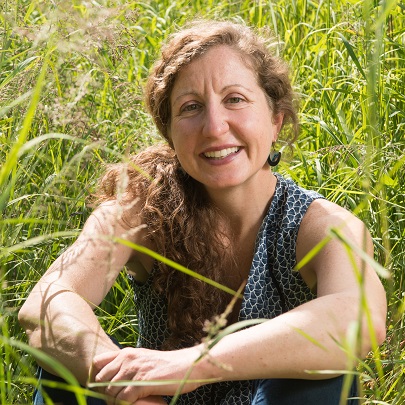
Micah Hahn
University of Alaska Anchorage

Matthew Berman
University of Alaska Anchorage
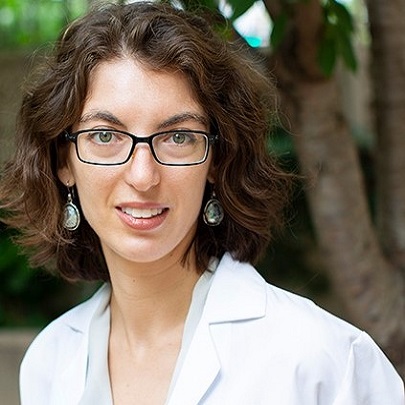
Hana Akselrod
George Washington University
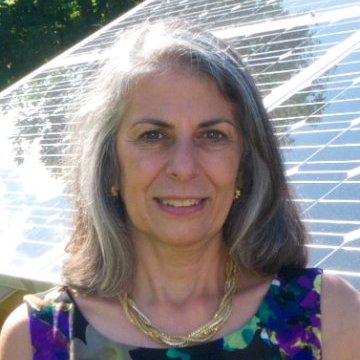
Donna Attanasio
George Washington University

Payman Dehghanian
George Washington University
Dr. Payman Dehghanian received the B.Sc., M.Sc., and Ph.D. degrees all in electrical engineering from the University of Tehran, Tehran, in 2009, Sharif University of Technology, Tehran, in 2011, and Texas A&M University, College Station, TX, USA, in 2017, respectively. He is currently an Assistant Professor with the Department of Electrical and Computer Engineering, George Washington University, Washington, D.C., USA. His research interests include power system reliability and resiliency modeling and assessment, asset management in energy networks, power system protection and control, and smart electricity grid applications.

Mohammad Heidari
University of Alaska Anchorage
Dr. Heidari received the Ph.D. degree in electrical engineering and computer science from Wichita State University, Wichita, KS, USA, in 2018, and the M.Sc. degree in electrical engineering from Azad University, South Tehran Branch, Tehran, Iran, in 2012. He is currently an Assistant Professor with the Department of Electrical Engineering, University of Alaska Anchorage, Anchorage, AK, USA. His research interests include reliability, resiliency, and data analytics for interdependent lifeline systems and services.

Miguel Lejeune
George Washington University
Miquel A. Lejeune is a Professor of Decision Sciences and of Electrical and Computer Engineering with The George Washington University, Washington, DC, USA. His research interests include stochastic programming, distributionally robust optimization, decision-dependent uncertainty, energy, and operations research.

Micah Hahn
University of Alaska Anchorage
Dr. Micah Hahn is an assistant professor of Environmental Health in the UAA Institute for Circumpolar Health Studies at the University of Alaska Anchorage (UAA). Her work focuses on understanding the health impacts of climate change and working with communities to develop locally-relevant adaptation and resilience-building strategies. In order to address community needs, Dr. Hahn’s prior work has addressed vector-borne and zoonotic diseases, wildfires, air quality, food security, safe transportation, and energy use. Prior to joining UAA, she was an epidemiologist at the Centers for the Disease Control and Prevention Climate and Health Program. Micah received her joint PhD in Epidemiology / Environment and Resources from the University of Wisconsin-Madison and her MPH in Global Environmental Health from Emory University. Her current research focuses on understanding the physical and mental health impacts of wildfires in Alaska as well as the impacts of the COVID-19 pandemic in remote Alaskan communities.

Matthew Berman
University of Alaska Anchorage
Matthew Berman is Professor of Economics with the Institute of Social and Economic Research at the University of Alaska Anchorage. His main research fields include economic and social organization, institutional performance, and social-ecological systems, with an emphasis on Arctic regions. Matt teaches energy economics and the economy of Alaska, and is currently studying how financial incentives affect wildfire preparedness in the wildland-urban interface (WUI).

Hana Akselrod
George Washington University

Donna Attanasio
George Washington University
Donna Attanasio joined The George Washington University Law School in July 2013 as Senior Advisor for Energy Law Programs. In that role, she leads the Law School’s Sustainable Energy Initiative, conducts and supervises research, and supports the Environmental and Energy Law curriculum. Her primary areas of research, writing and teaching relate to the electric utility industry and its transition to a sustainable fuel mix, with an emphasis on consumer protection and energy equity. This work includes regulatory issues related to the deployment of microgrids, community solar, electric vehicles, and other emerging technologies. Ms. Attanasio has worked on electric energy sector matters for over 35 years, including over 24 years as a lawyer in private practice. In 2018, she was appointed as a fellow to the National Regulatory Research Institute. She is a former President of the Energy Bar Association and has served on the boards of its affiliate organizations, the Foundation of the Energy Law Journal and the Charitable Foundation of the Energy Bar Association. She has also served on the advisory board to Smith College’s Center for the Environment, Ecological Design, and Sustainability (CEEDS). Ms. Attanasio received her J.D. from Harvard Law School and an A.B. in Economics from Smith College.
Collaborators

Tom Marsik
University of Alaska Fairbanks
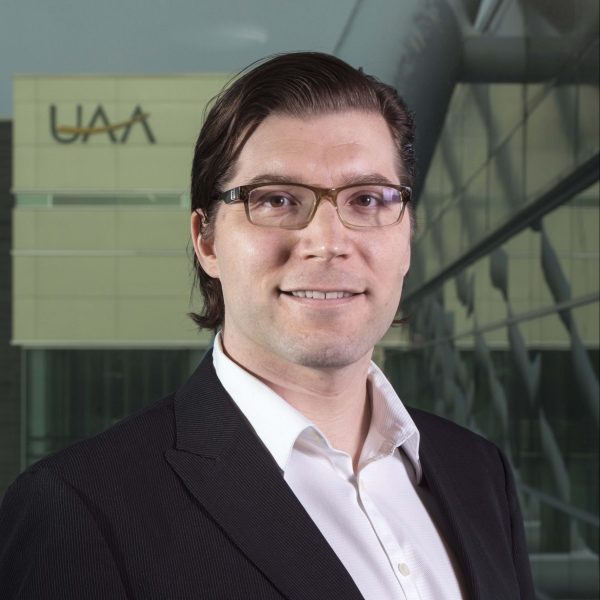
Sebastian Neumayer
University of Alaska Anchorage
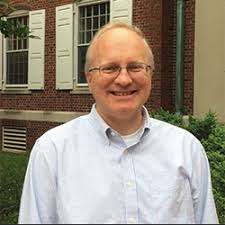
Robert Orttung
George Washington University
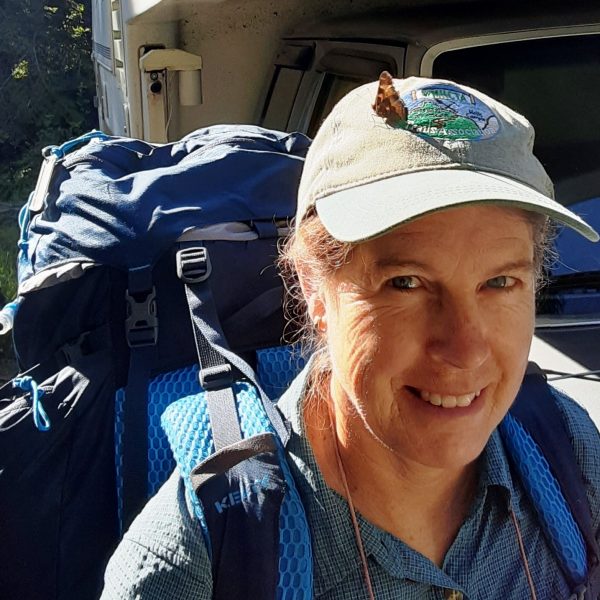
Randi Jandt
University of Alaska Fairbanks
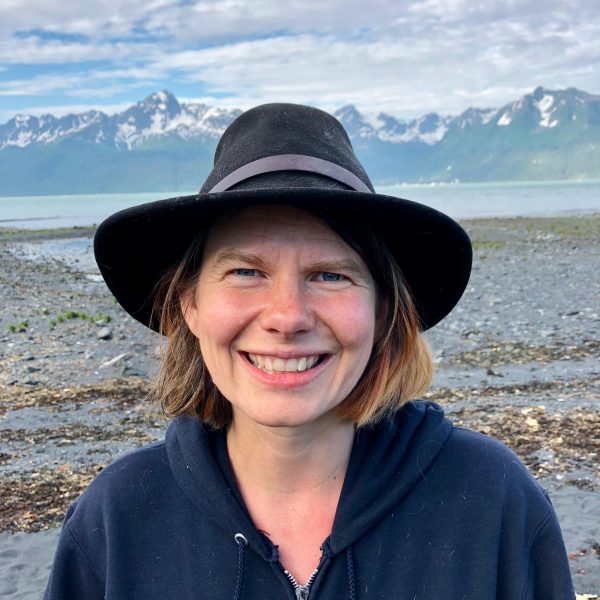
Michelle Wilber
University of Alaska Fairbanks
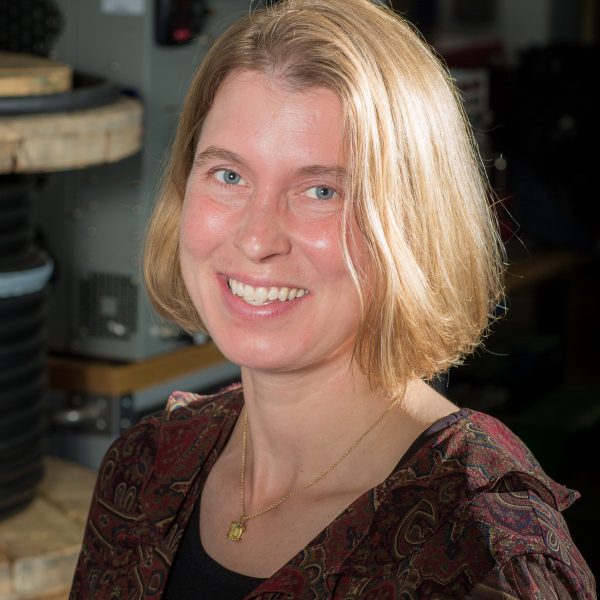
Erin Whitney
University of Alaska Fairbanks
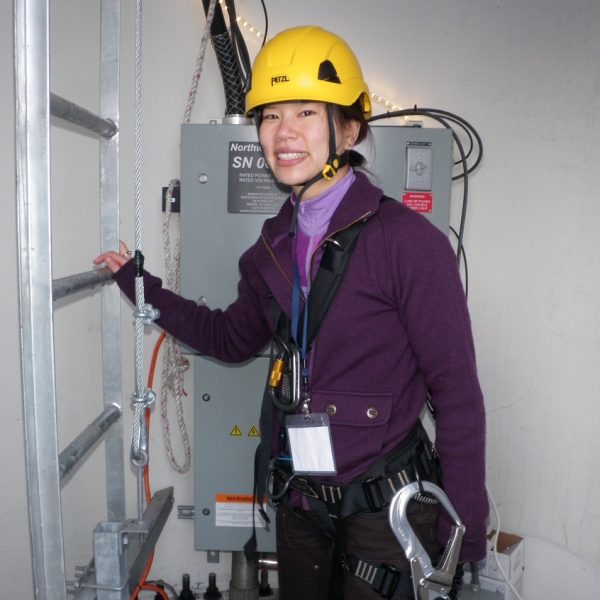
Daisy Huang
University of Alaska Fairbanks
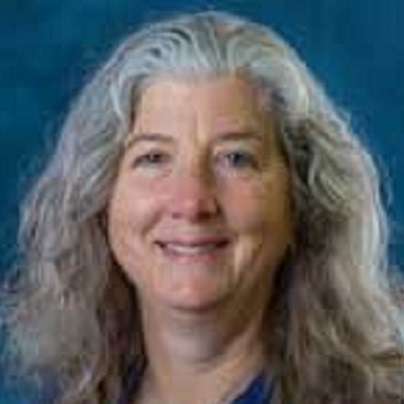
Allison York
Alaska Fire Science Consortium (AFSC) & University of Alaska Fairbanks

Tom Marsik
University of Alaska Fairbanks
Tom Marsik is Associate Professor of Sustainable Energy at the University of Alaska Fairbanks, where he is split between the Alaska Center for Energy and Power and the Bristol Bay Campus. He also has a joint position with the Cold Climate Housing Research Center, National Renewable Energy Laboratory. His main interests are in the areas of energy efficiency, renewable energy, and indoor air quality and he utilizes the synergies of his joint position to benefit people in Alaska and beyond through research and education.

Sebastian Neumayer
University of Alaska Anchorage
Sebastian Neumayer is an Assistant Professor of Computer Engineering at UAA. He received his Ph.D. in Electrical Engineering and Computer Science from MIT. His thesis dealt with the survivability of network infrastructures after disasters and physical attacks. He also spent five years working at MIT's Lincoln Laboratory in the Cyber Security and Information Sciences Division, where he focused on developing security metrics that accurately estimate risk for prevalent network threats. Along with his teaching responsibilities, Dr.Neumayer is continuing his research on the reliability of networks during both cyber and physical attacks.

Robert Orttung
George Washington University

Randi Jandt
University of Alaska Fairbanks
Randi Jandt is a fire ecologist and wildlife biologist working at the University of Alaska-Fairbanks International Arctic Research Center. Current work with the Alaska Fire Science Consortium (AFSC http://akfireconsortium.uaf.

Michelle Wilber
University of Alaska Fairbanks

Erin Whitney
University of Alaska Fairbanks

Daisy Huang
University of Alaska Fairbanks

Allison York
Alaska Fire Science Consortium (AFSC) & University of Alaska Fairbanks
Alison York joined the Alaska Fire Science Consortium (AFSC) at the University of Alaska Fairbanks as the coordinator in 2013. AFSC is supported by the Joint Fire Science Program as part of a national fire science exchange network to accelerate the awareness, understanding, and adoption of wildland fire science information by stakeholders within ecologically similar regions. As part of this collaborative science delivery network, AFSC has worked directly with Alaska’s interagency wildland fire management community since 2009 to support their decisions with the best available science. Alison has lived in Alaska since 1986. She earned a PhD from UC Berkeley in 1990 and has been working with scientists and managers to understand and address the impacts of environmental change in high latitude systems since 1997.

